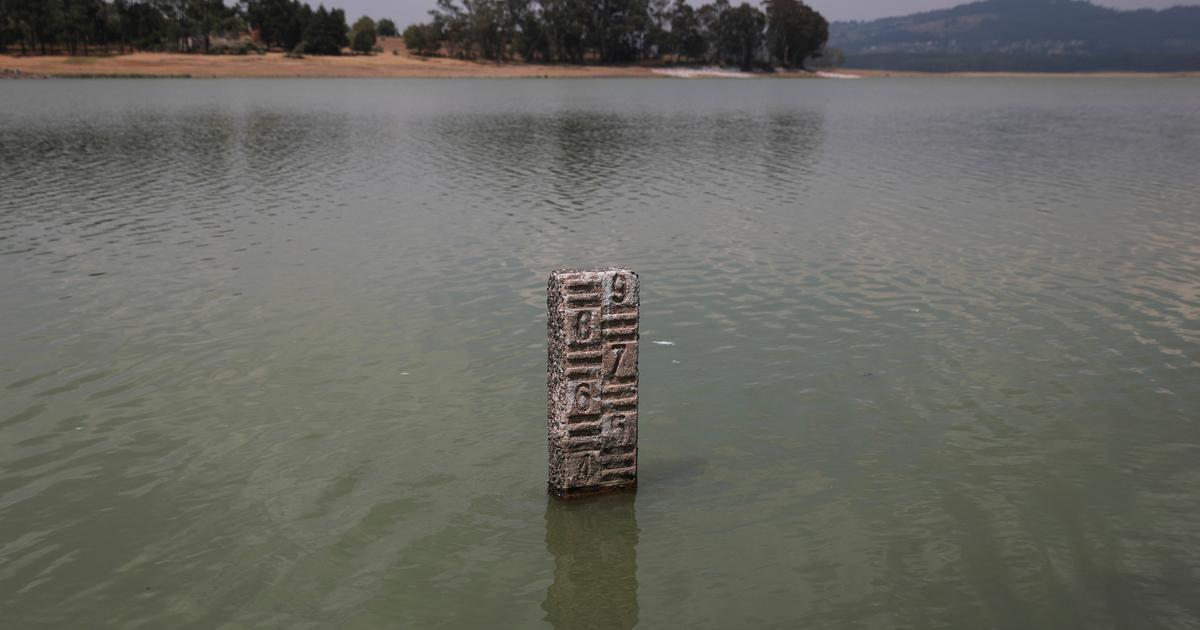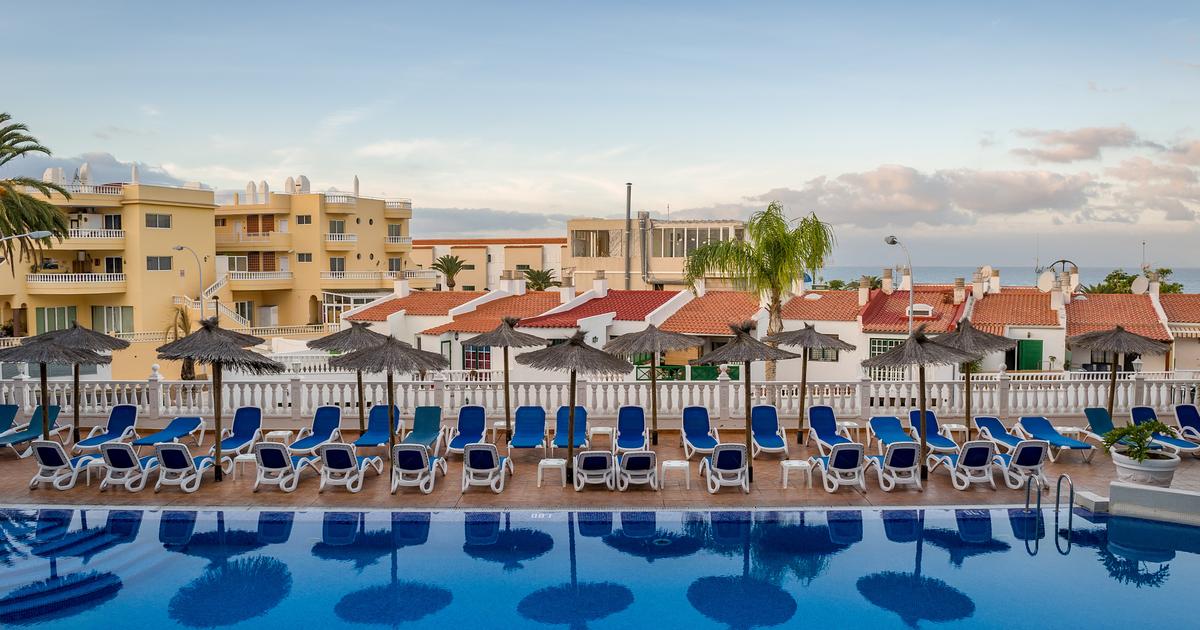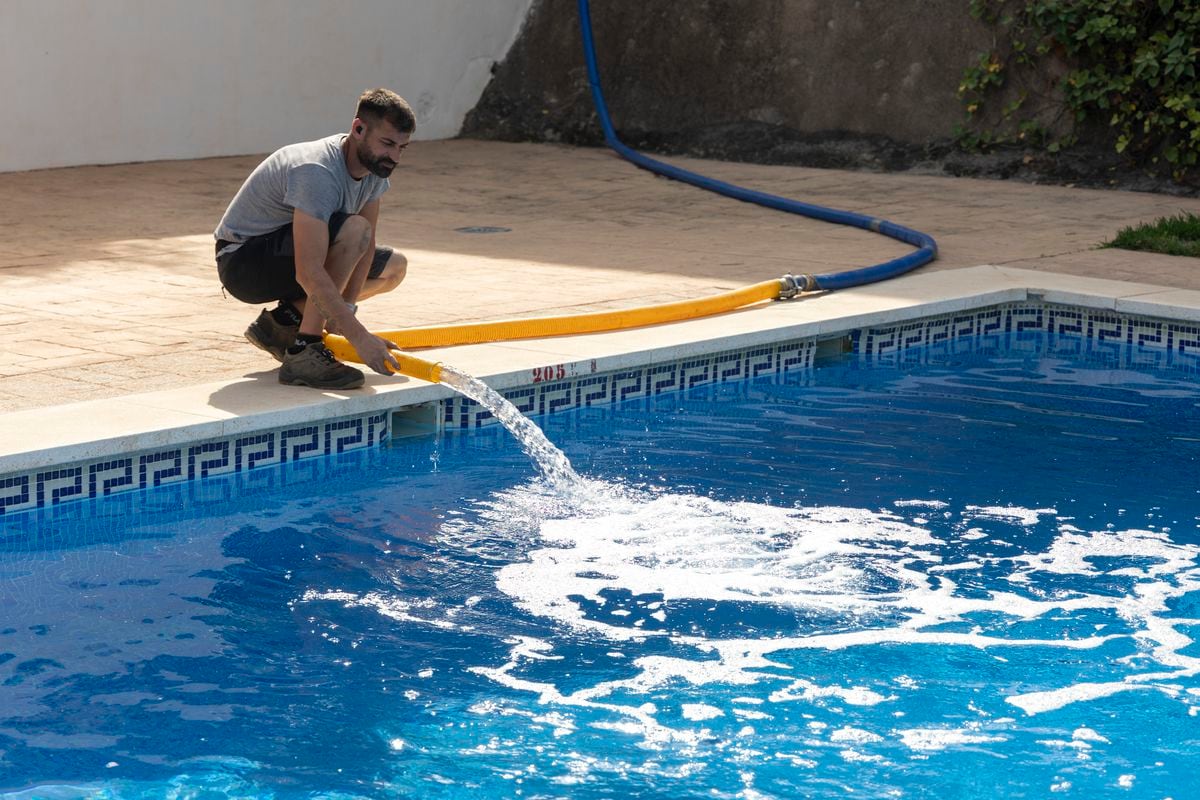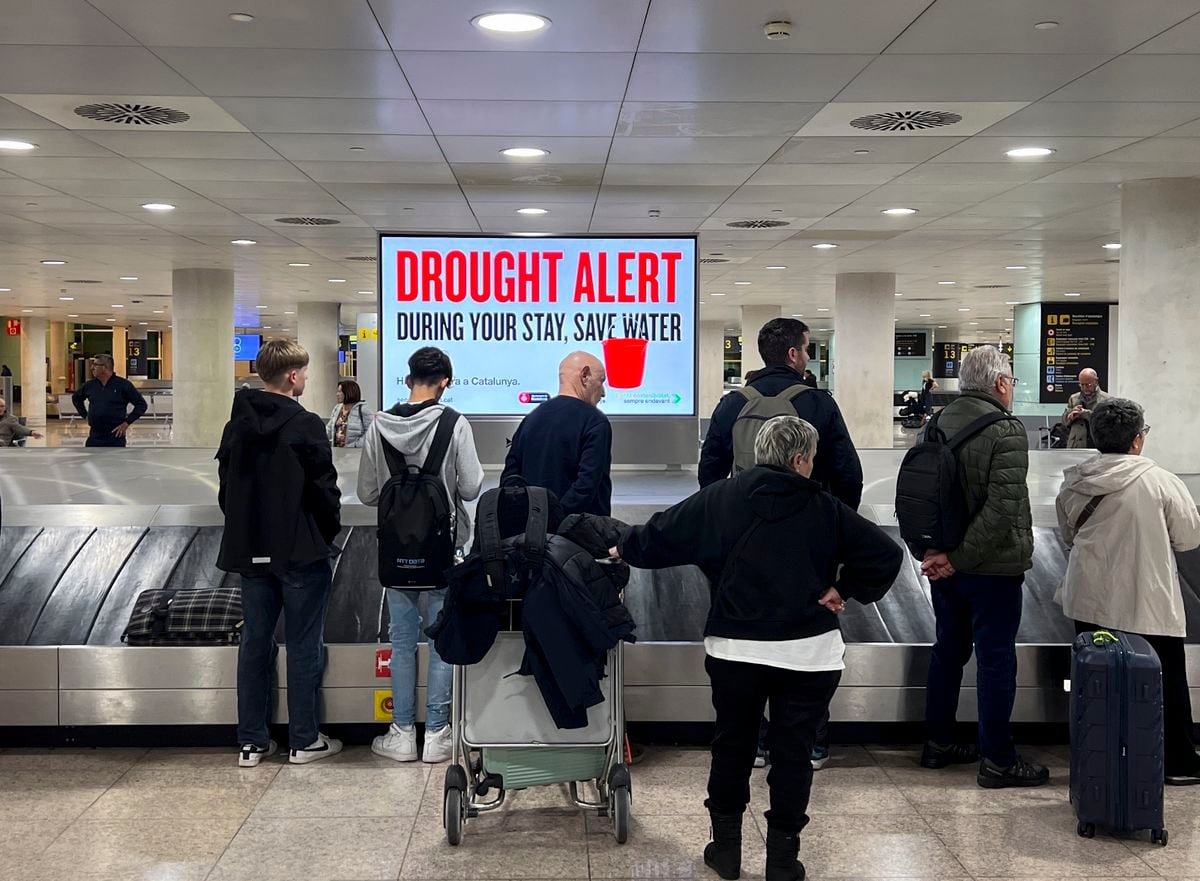Wetterau in Hessen: Drought is becoming a problem in many places
Photo: Martin Moxter / Westend61 / Getty ImagesIn many places Germany suffers from persistent heat and drought. Several municipalities are now calling for water conservation.
There is still no acute emergency in the water supply, said Thomas Rätz, the advisor for water management at the Rhineland-Palatinate Association of Towns and Municipalities , on Monday in Mainz. "But there are signals that show that it is getting tighter."
The community of Simmern-Rheinböllen in the Rhein-Hunsrück district has already issued bans due to the threat of water shortages: In order to ensure the basic supply of drinking water, pools or paddling pools in gardens have not been allowed to be filled, green areas have been watered or cars on private property since Sunday become.
The municipality of Montabaur in the Westerwald has also called on its citizens to use water sparingly. Significantly more water is consumed on hot days, so the resource should now be used carefully, said the association.
Situation "not dramatic"
With a view to a possible water scarcity, there are regional differences, said Rätz. More likely to be affected by the problem are communities in low mountain ranges that "have relatively close groundwater resources and where it is known that the rate of new formation has been falling for some time".
With persistent drought and increasing water demand, it makes sense to draw consumers' attention to the careful use of water, said Horst Meierhofer, the managing director of the State Association of Energy and Water Management Hesse / Rhineland-Palatinate. However, groundwater problems are rather rare. "When things get tight, it's more of an infrastructure problem." Water pipes can only be loaded to the maximum. The current situation is a challenge, but "not dramatic".
In other federal states, the authorities and water suppliers are also reacting to the drought. The Hessian city of Taunusstein is calling for water saving. In Borgholzhausen in North Rhine-Westphalia , the outdoor pool will remain closed until further notice. In order not to further minimize the "already scarce drinking water reserves", the measure was inevitable, it said in a message. Brandenburg's capital Potsdam announced on Friday that it would be forbidden to take water from rivers, lakes and canals for irrigation purposes until the end of September.
In Lauenau, Lower Saxony , the drinking water supply collapsed on Saturday. In the meantime, the situation has eased, but water must be saved further, said Georg Hudalla, non-party mayor of the Rodenberg municipality, to which Lauenau belongs. The water tank ran empty on Saturday afternoon. The problem: In the corona pandemic, people mostly stayed at home instead of going on vacation, which is why private water consumption has risen sharply.
Basically secure water supply
Overall, the Federal Association of Energy and Water Management (BDEW) regards the drinking water supply in Germany as secure. "However, it is possible that certain sources that react strongly to rain, for example spring discharges that are low below the surface of the earth, do not have enough water," said Martin Weyand, Managing Director of Water. The public drinking water supply ensures that there is enough drinking water. For example, neighboring suppliers delivered when required.
"In the last few years, water consumption has often increased significantly on a daily basis when it is very hot, around 40 to 60 percent when it is 36 degrees and many people are watering their garden and filling pools at the same time," said Weyand. In the short term, restrictions could then help reduce demand.
In the past three decades, water consumption in Germany has even decreased. But it is also important to handle water as a resource carefully, says Weyand. "In the future, for example, we will no longer be able to afford not being able to use wells because they have been polluted by nitrate input from agriculture. We need the drinking water supply to give priority to other uses." In addition, rainwater must be able to seep away - and therefore fewer areas must be sealed.
Icon: The mirrorbbr / dpa


/cloudfront-eu-central-1.images.arcpublishing.com/prisa/EZY3USHL75GFHJUQVOYWVDGKPM.jpg)





